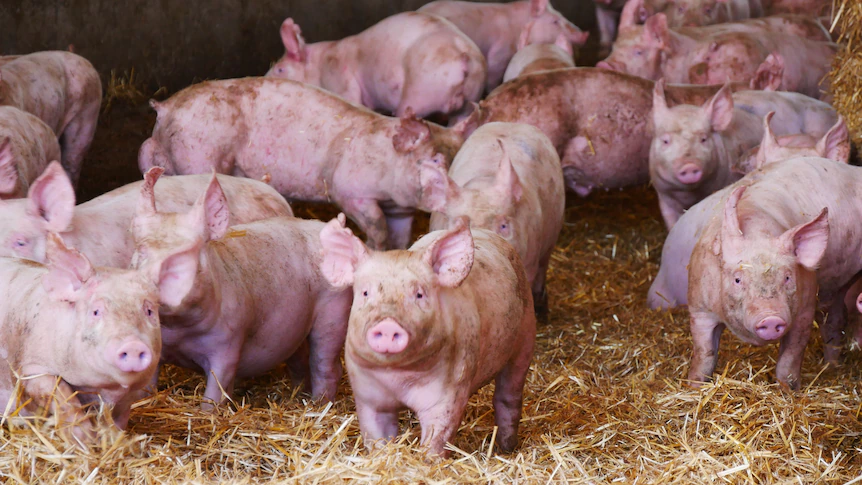



Article by: Hari Yellina
More than 60 pigpens across four states are fighting Japanese encephalitis (JEV) outbreaks, according to the Department of Agriculture, Water and the Environment. The virus is still a “major issue,” according to state and federal biosecurity officials, and pig and horse owners have been reminded that the infectious disease still poses a threat to humans and animals. Three individuals have died from the virus so far this year, and there are more than 60 piggeries spanning New South Wales, Victoria, Queensland, and South Australia with infected herds. Abortions, stillbirths, and adult infertility are all results of JEV in pig herds, while swelling on the brain is the most common in horses. There have been no confirmed cases of the disease in horses to far.
Dr. Mark Schipp, Australia’s Chief Veterinary Officer, said that while the government is attempting to eliminate the threat, growers must continue to use precautionary measures. “The best line of action is to avoid mosquito bites on yourself and your pets,” he advises. “Reducing mosquito infestations is an element of that.” Producers continue to get current information on Japanese encephalitis from the Department of Agriculture, Water and the Environment, in collaboration with key industry leaders. Those dealing with pigs, especially those with a small herd or a pet, have been recommended to conduct mosquito-control measures while maintaining good biosecurity procedures.
To decrease mosquito exposure, it is also recommended that horse owners use a hooded rug and a fly mask on their animals. Horses can die from severe cases of encephalitis, which causes brain enlargement. Symptoms of infection include fever, jaundice, lethargy, anorexia, incoordination, difficulty swallowing, poor vision, and lethargy. Unexpected abortions or stillbirths in pigs are still a warning indication of a possible outbreak. The Japanese encephalitis virus is a nationally notifiable disease, which means it must be notified to a veterinarian or the national Emergency Animal Disease Watch Hotline at 1800 675 888 if an animal shows suspect signs of the disease.